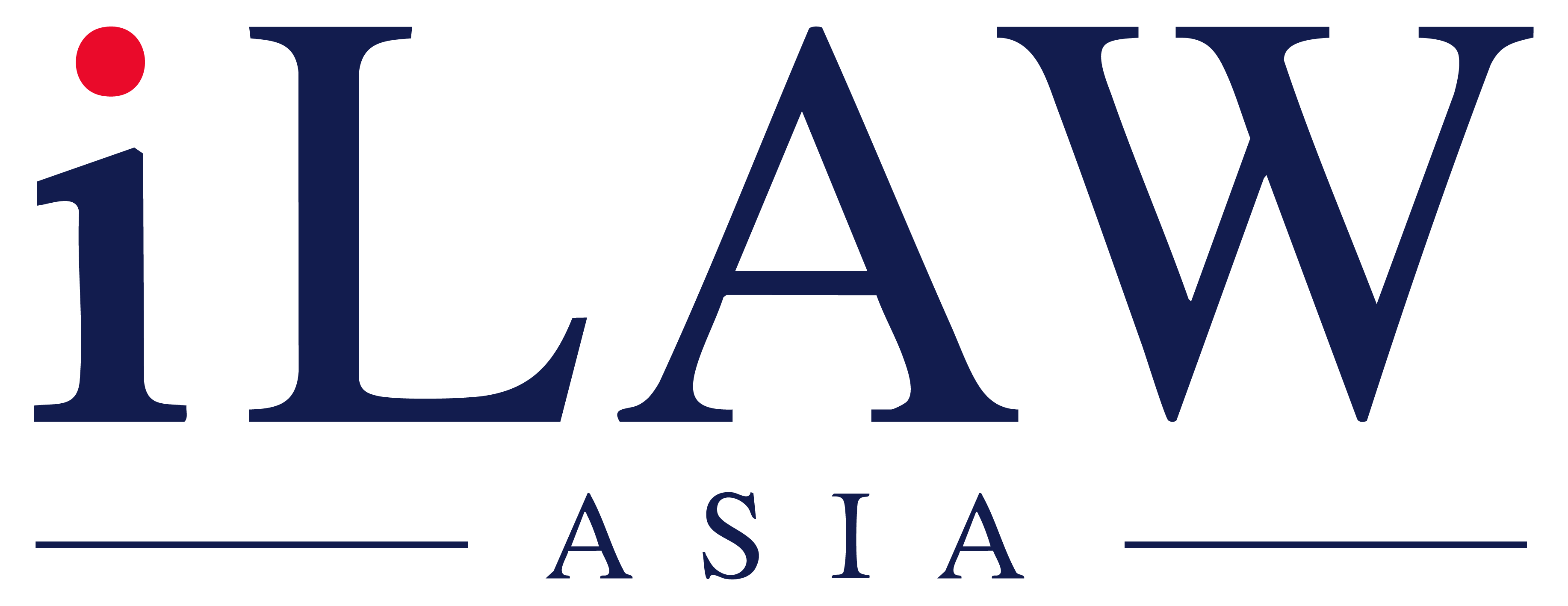The Fuel Quality Inspection and Recognition Procedures in Laos

1. Legislation
The Ministry of Industry and Commerce has issued regulations for operators engaged in the fuel business in both products and services, such as gasoline, diesel, aviation fuel, kerosene, furnace oil, biofuel, liquefied petroleum gas (LPG), and other types of fuel. The regulation, titled “Ministerial Decisions on Fuel Quality Inspection and Recognition Procedures No.0723/IC, dated 25 April 2025,” will come into effect within 45 days of its signing and official publication in the Lao Official Gazette.
2. Purposes
This legislation establishes the principles and procedures regarding the management of inspection and quality assurance of fuel oil produced, processed, imported, exported, and distributed within the Lao PDR. Its objectives are to ensure compliance with laws, regulations, and national, regional, and international standards, while safeguarding the legitimate rights and interests of the state, business operators, and consumers, contributing to the socio-economic development of the nation.
The inspection and quality assurance of fuel oil refers to the monitoring and technical evaluation process involved in inspecting and verifying the quality of all types of fuel oil produced, refined, imported, exported, and distributed within the Lao PDR.
3. The Responsible Authorities
The fuel business operators engaged in the refineries and processing, the import and export of fuel, fuel distribution, fuel stations, fuel storage rental services, and fuel transportation services shall obtain the Quality Inspection and Recognition by the Industry and Commerce Sector, including the following units:
- Department of Standards and Metrology;
- Provincial and Capital Industry and Commerce Departments; and
- Product and Goods Quality Inspection Units at Border Checkpoints (Entry-Exit Points)
4. Document Requirements for Fuel Inspection and Quality Certification under the Legislation:
4.1. Individuals or entities intending to submit fuel oil for quality inspection - whether for production, blending, or distribution - must submit the following documents to the Lao Department of Standards and Metrology:
- A formal request letter using the standard form from the Department of Standards and Metrology;
- A copy of the business operation license for fuel oil;
- A copy of the certified production and distribution plan approved by the Department of Industry and Commerce;
- A copy of the import permit for chemicals or raw materials used in the production and blending of fuel oil; and
- Any other relevant documents.
4.2. Those intending to submit fuel oil for quality inspection related to import or export must submit the following documents to the Product and Goods Quality Inspection Unit at the entry-exit checkpoint:
- A formal request letter using the standard form from the Department of Standards and Metrology;
- A copy of the license to conduct import-export business for fuel oil;
- A copy of the annual import permit and import distribution plan, as well as the tracking book for fuel oil importation;
- A copy of the quality certificate from the original source (must be issued within the past 6 months);
- A copy of the vehicle load capacity certificate;
- A copy of the price declaration form; and
- A copy of the loading certificate from the fuel oil refinery at the source.
5. Consideration and Approval:
After receiving complete and correct documents as stipulated in this legislation, the Department of Standards and Metrology or the Product and Goods Quality Inspection Unit at border checkpoints must carry out the fuel oil quality inspection following the inspection formats and principles as follows:
5.1. Inspection formats
The formats of inspection for the produced, blended, imported, exported, or distributed fuel oil are as follows:
- Inspection upon request (based on the applicant's submission);
- Routine inspection (conducted once per month); and
- Unannounced inspection (surprise check) — This type of inspection is conducted without prior notice to the inspected party.
5.2. Inspection principles
Under this legislation, the inspection must be conducted in the following manner:
- For every instance of fuel oil quality inspection, the staff or officials conducting the inspection must possess an official staff ID card issued by the Department of Standards and Metrology or the Provincial/National Industry and Commerce Department, as per authorized delegation;
- If the inspection confirms that the fuel oil meets the required standards, whether national, regional, or international, the relevant personnel must issue a Fuel Oil Quality Certificate to confirm its compliance with the specified standards, and the container must be sealed to prevent any illegal distribution during transportation;
- If the inspection of imported or exported fuel oil reveals non-compliance with national, regional, or international standards, the responsible officials must create an official report and issue a temporary suspension of the import/export of the fuel oil in question, then report to higher authorities and relevant sectors; and
- For fuel oil domestically produced, blended, or distributed, if the quality inspection shows that it does not meet the required standards, the responsible officials must prepare a report, and a quality certificate will not be issued until the production or blending process meets the necessary standards.
6. Timeframe:
The timeframes for the review and issuance of the Fuel Oil Quality Certificate under this legislation are as follows:
- The review and issuance of the Fuel Oil Quality Certificate for fuel oil that is produced, blended, and distributed domestically shall be completed within fifteen (15) working days from the date of receipt of documents; and
- The review and issuance of the Fuel Oil Quality Certificate for imported and exported fuel oil shall be completed within one (1) working day from the date of receipt of documents.
7. Prohibitions:
Fuel oil business operators are prohibited from engaging in the following activities:
- Producing, blending, importing, exporting, or distributing fuel oil below quality standards or without quality inspection and certification;
- Tampering with seals without authorization for illegal distribution of fuel oil during transportation;
- Obstructing or interfering with officials performing duties of conducting inspections and quality certifications of fuel oil;
- Offering bribes to or colluding with inspection officials in the quality certification process;
- Forging documents related to fuel oil quality certification; and
- Engaging in any other conduct violating laws and regulations.
Author
Related Practices
- Power, Energy & Major Projects













